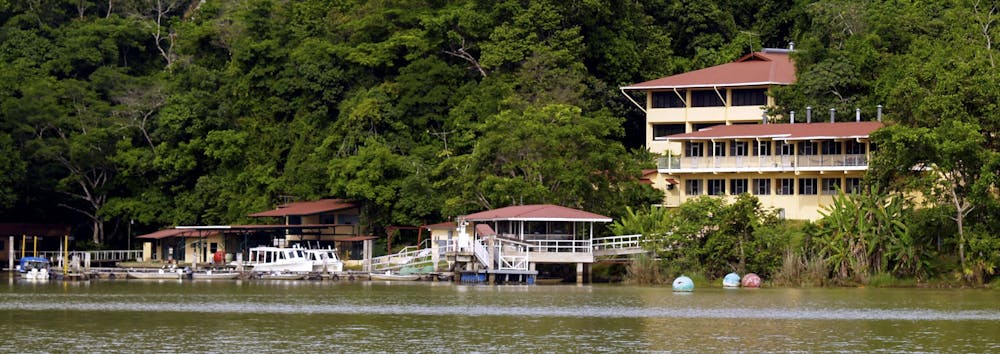Funding for senior thesis research requiring “international travel, domestic travel, or on-campus residency” this summer has been withdrawn in light of the COVID-19 pandemic, according to an email sent to A.B. juniors from Pascale M. Poussart, Director of the Office of Undergraduate Research (OUR) on Friday, April 10.
“Given these extraordinary circumstances, we want to give you time to consult with your faculty adviser and, if possible, revise your research plan to something that can be accomplished remotely from your primary place of residence,” Poussart wrote.
Impacted juniors were asked to revise their research plans and re-submit a proposal with new project start and end dates, an updated itemized budget, and a description of any changes to the scope of the project, including research methodologies and goals.
“We encourage you to think creatively and exercise flexibility as you consider making adjustments during these uncertain times,” Poussart continued.
A week later, on Thursday, April 16, an email from Dean of the College Jill S. Dolan and Vice President of Campus Life W. Rochelle Calhoun extended the withdrawal of funding of summer thesis research to a total cancelation of “all summer on-campus programs” through Aug. 15, 2020.
In the email to all undergraduate students, Dolan and Calhoun indicated that all independent work research must focus on remote options.
“[University-sponsored] domestic in-person internships in your home country can be undertaken only if they comply with local and national health and safety guidelines,” they wrote. “Funding administered through the Office of the Dean of the College will be allocated to projects that don’t require travel, which students can undertake in the vicinity of their primary residence.”
For many rising seniors, the announcements were not surprising, but felt delayed and disappointing nonetheless.

Sarah Perkins ’21, a junior in the Department of Ecology and Evolutionary Biology (EEB), said she respected the decision that OUR made but was “devastated” when she learned that her on-campus research project was canceled.
According to Perkins, many students in the department were excited to be involved in a thesis project they were passionate about and were hoping to use the experience as a stepping stone for graduate school.
“Working on my [junior paper] and beginning to lay the groundwork for my summer research had definitely been a bright spot in the semester after being sent home from study abroad, and I had been really hopeful that we might still get to work on campus with some sort of social distancing protocol in place,” she said.
Emily Sharp ’21 was originally planning on conducting research on avian nesting, breeding, and chick-rearing habits at the Smithsonian Tropical Research Institute on Barro Colorado Island in the Panama Canal.

However, as the ban for all University-sponsored international travel was announced prior to the funding news, Sharp was able to find an opportunity at the World Bird Sanctuary in St. Louis, Mo., 30 minutes away from home.
“The most shocking thing to me was the announcement that domestic travel was also not being funded,” Sharp wrote in an email to the ‘Prince.’ “I was extremely lucky, and I think unique among my friends, that my initial back up plan put me at home, making it safe to fund.”
“One of the main reasons I was attracted to EEB was how easy it was to plan a thesis project that would take me to an amazing place that I probably wouldn't get to visit otherwise, and losing that was hard,” Sharp wrote.
Despite the circumstances, both students said that their respective advisers have been extraordinarily understanding and supportive.
“I can stomach my losses for right now, since there are much bigger things happening to many more people,“ Sharp added. “I'm sure that with my desire to spend more time in the tropics, and the resources I'm privileged to have access to, I will be able to get back at some point.”








